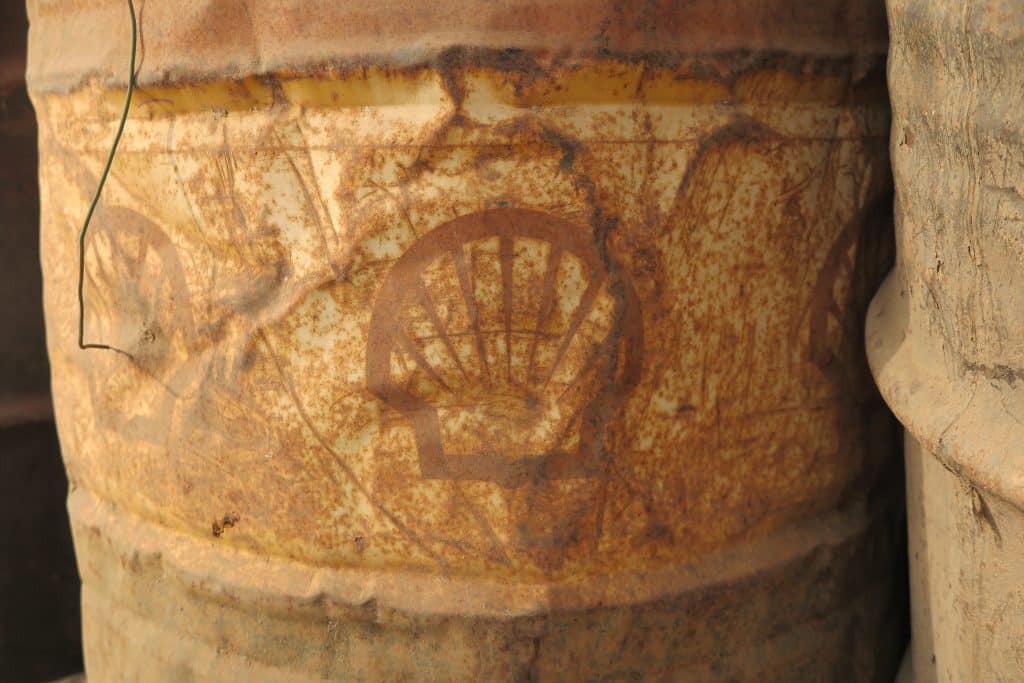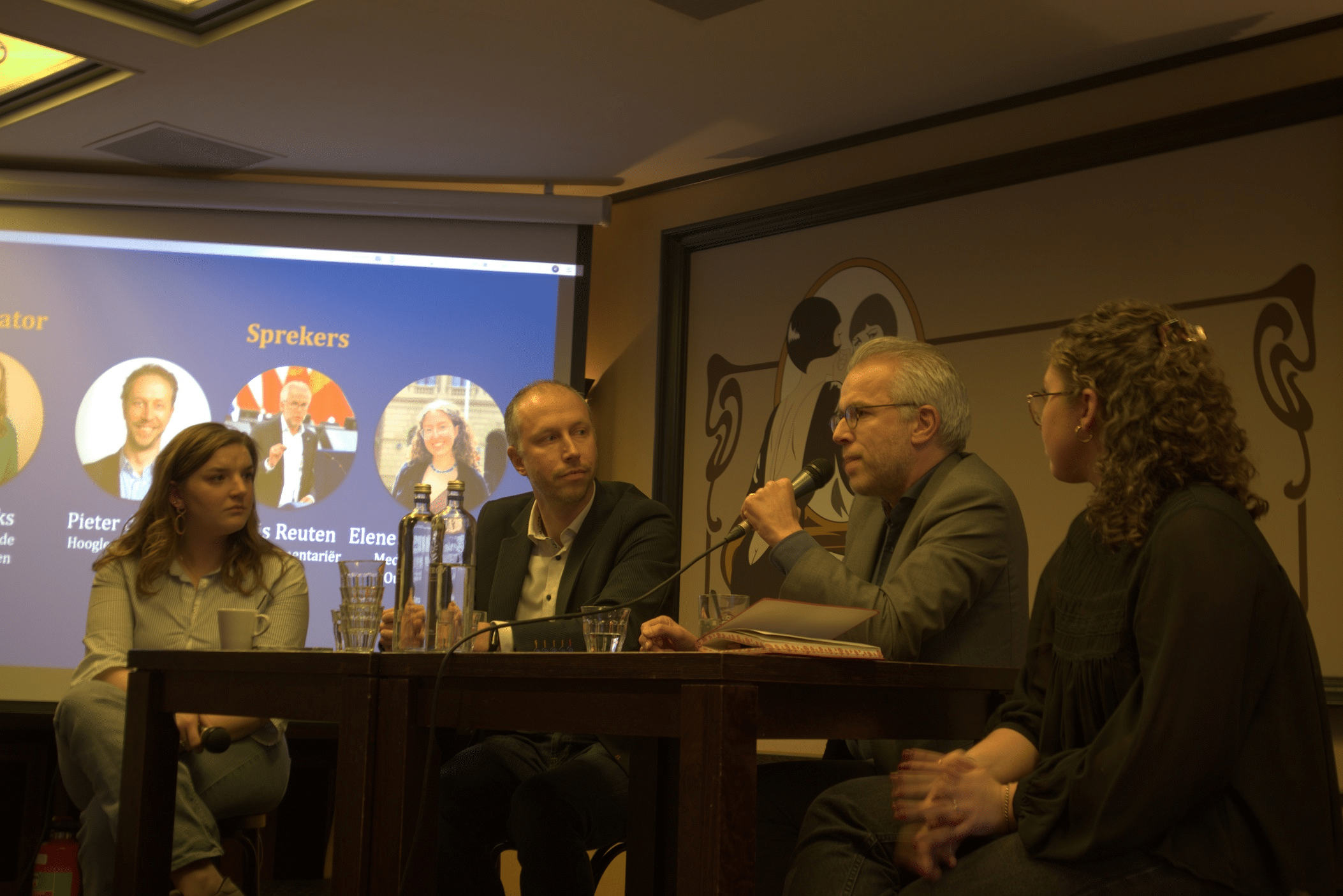Source: Vice Versa
Recently, the monitor Export Credit Insurance 2019, which reported on financial developments and policy developments in the field of Dutch export credit insurance. It was accompanied by a letter from State Secretary Vijlbrief. In this letter State Secretary Vijbrief mentioned the contribution to the SDGs and referred no less than 30 times to the 'greening' and green transactions of usually mainly 'grey' insurance. Beautiful and positive developments, but behind these words lies a great deal of ambiguity and, above all, a lot of contradiction.
Export credit insurance
Export credit insurance sounds like a complex and technical concept, but it is actually quite simple. It is an insurance policy that makes it easier and especially less risky for Dutch companies to make investments abroad. Imagine: you have a Dutch energy company and you want to build a power plant in Nigeria, a country rich in raw materials. It is then possible to take out insurance with state insurer Atradius DSB. This way, your financial risks are covered and you have a better chance of getting bank loans. This also means that, should the project fail, the Dutch treasury is a guarantor. In this way, in 2019 the Netherlands guaranteed EUR 4.4 billion to investments.
The flip side
The problem here is that a large part of the investments insured by the Dutch state are focused on fossil projects. For example, Both Ends concluded last year that Atradius insures fossil projects for an average of 1.5 billion a year. According to the numbers in the 2019 monitor, not much has changed in this average. And that while the Netherlands will end financial support for coal projects and the exploration and development of new reserves of oil and gas abroad by 2020. So this does not apply to export credit insurance.
This is of course contradictory to the Dutch goals for achieving the Paris Agreement commitments. But continued support for fossil projects in developing countries also has major negative consequences for the sustainable development of these countries. Such is the case in Mozambique, where from research by several NGOs and journalists from Down To Earth and Follow the Money show that growing gas production is causing more problems than economic growth. Daniel Ribeiro of the Mozambican environmental organisation Justiça Ambiental even calls this a historical fact: "Africa has no example of any country that has been properly developed by oil or gas". Nevertheless, Dutch dredger Van Oord and Shell are off the hook in Mozambique, with support from Atradius.
Besides the Paris Agreement, the Netherlands is also committed to the UN Sustainable Development Goals (SDGs). While the Netherlands claims to support developing countries in their green transition in addition to limiting its own emissions, the Netherlands is meanwhile doing its very best to thwart this. While organisations like Milieudefensie have been campaigning for years for the sustainable development of developing countries, this work continues to be thwarted by the Dutch state's incessant financial injections to the fossil industry in those countries.
How is this possible?
So where does that leave the greening of export credit insurance? Aren't guidelines made for that? Yes there are. Atradius DSB, for example, has an IMVO policy. The moment a company applies for export credit insurance, OECD guidelines have to be met. These OECD guidelines call for consideration of environmental impacts and involuntary relocation, among other things. May these be precisely two guidelines that are widely violated in Mozambique, among others. Within export promotion, the demands of Dutch exporters and their business partners are leading. The importance for the environment and the local population play a secondary role. Local stakeholders, as in Mozambique, are not given a voice in decision-making on export credit-supported projects. Moreover, after the OECD check in the Netherlands, these projects seem to be given free rein. There appears to be no monitoring.
A must
The call from civil society and others for some curbs on this financial amusement park is also gaining political support. Two years ago, the Chamber passed a motion on reporting annually on Atradius DSB's contribution to the implementation of the SDGs. This ensures that the practices and results on export credit insurance are evaluated more broadly for their sustainability. The Monitor Export Credit Insurance 2019 should therefore include this extensively, unfortunately the ministry did not get much further than "methodologically this proved to be a difficult research question". However, the monitor did refer to the importance of the IMVO policy that projects must comply with. So we have come full circle again. The adopted motion thus seems to have been rebuffed as a 'must'. Mentioning the SDGs is a first step, but remains purely symbolic without transparent and proper research.
Now what?
The pressing question now is whether there will be any turnaround at all when it comes to greening export credit insurance. The coronavirus has thrown a further spanner in the works. To stimulate the economy, the rules around export credit insurance have been relaxed, with all the consequences. The good news: the Dutch government still has a choice. We can get stuck with the now elderly argument that if we don't support fossil projects, other countries will. But we can also pull the cart and tackle this problem nationally and internationally. For this, we ourselves must proactively take a first step in stopping insuring fossil projects worldwide. The 30 words on greening and green deals are there. Now it is time for deeds to follow, because meanwhile the fossil projects supported by the Netherlands continue.
By: Jurrian Veldhuizen
Photo: Jurrian Veldhuizen





